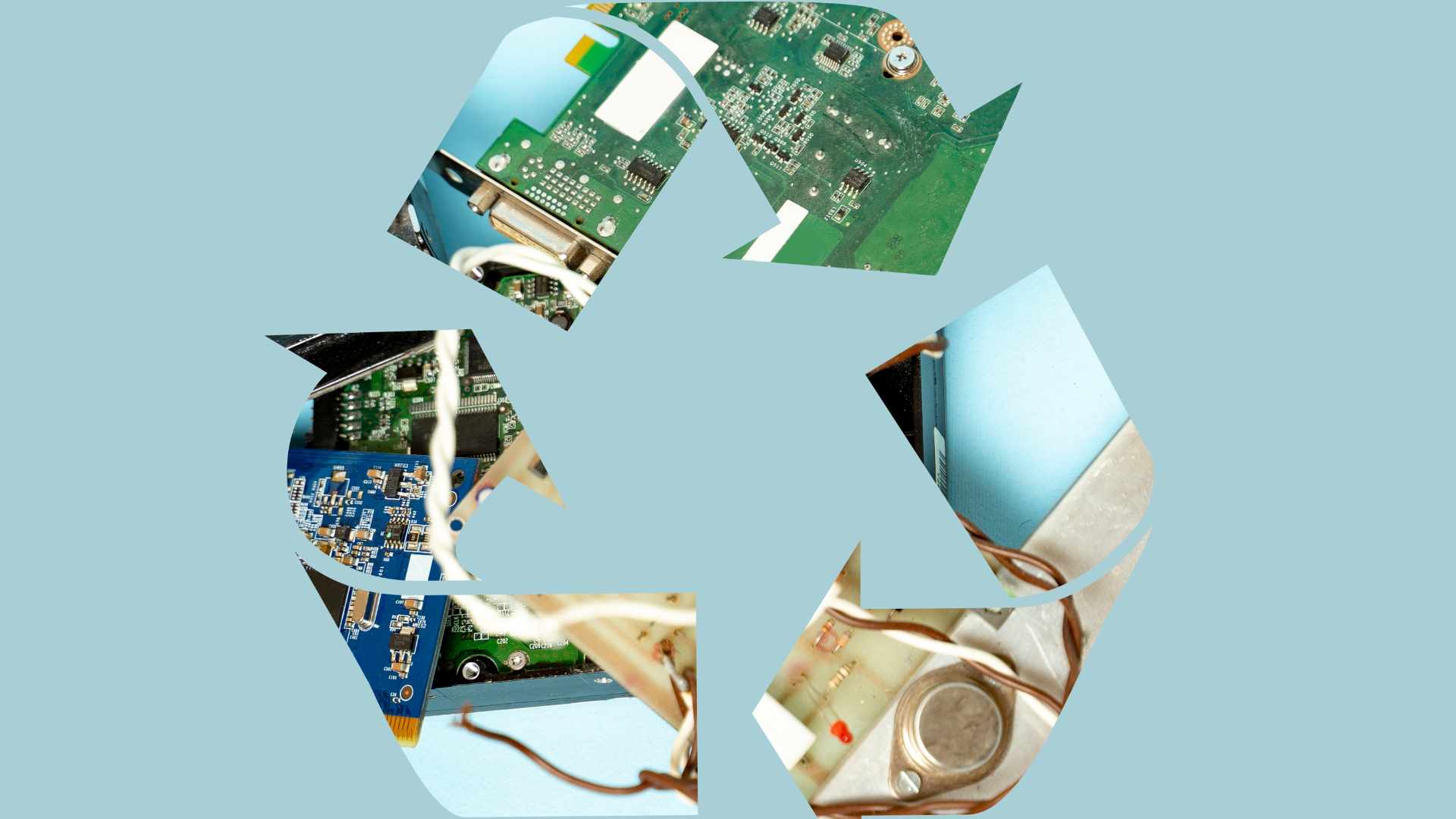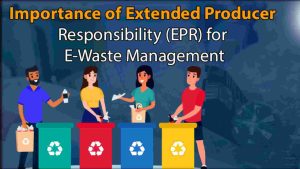![]()
MoEF Regulations in Controlling E-Waste Export
Electronic waste (e-waste) poses a significant environmental and health hazard, making its proper management crucial. Governments worldwide have implemented regulations to control the export of e-waste, and the Ministry of Environment & Forests (MoEF) in many countries plays a pivotal role in crafting and enforcing such regulations. This blog evaluates the effectiveness of MoEF regulations in controlling e-waste export, focusing on key aspects such as policy framework, enforcement mechanisms, and their impact on mitigating the global e-waste problem.
Policy Framework
MoEF regulations typically set the legal framework for e-waste management, including export controls. The effectiveness of these regulations often depends on their comprehensiveness, clarity, and alignment with international standards. Comprehensive policies should address the entire e-waste lifecycle, from generation to disposal, ensuring that each stage is appropriately regulated.
The success of the policy framework is also contingent on the inclusion of strict guidelines for exporters, importers, and other stakeholders. This includes clear definitions of e-waste, requirements for proper disposal methods, and penalties for non-compliance. Analysing the MoEF’s policy framework provides insights into the government’s commitment to addressing the e-waste challenge.
Enforcement Mechanisms
A robust regulatory framework is only as effective as its enforcement mechanisms. An efficient monitoring and enforcement system must support MoEF regulations to deter illegal e-waste exports. This involves regular inspections, audits, and strict penalties for violations. Adequate funding and resources for regulatory agencies are essential to ensure their capability to enforce the regulations effectively.
Moreover, international cooperation is critical for controlling e-waste exports. The MoEF needs to collaborate with customs authorities, law enforcement agencies, and international organisations to strengthen border controls and share information on illegal shipments. By fostering collaboration, the MoEF can extend its reach beyond national borders, making it more challenging for illicit e-waste exports to occur.
Impact on E-waste Management
The ultimate goal of MoEF regulations is to combat the environmental and health risks associated with improper e-waste disposal. Evaluating the impact of these regulations on e-waste management involves assessing changes in collection rates, recycling practices, and reduction in illegal exports. Additionally, tracking public awareness and corporate responsibility improvements can provide a holistic view of the regulations’ effectiveness.
Positive indicators include increased recycling rates, establishing authorised e-waste recycling facilities, and reducing the volume of e-waste exported. Additionally, a decline in the prevalence of illegal e-waste dumping sites suggests that the MoEF’s regulations make a tangible difference in environmental conservation.
Challenges and Areas for Improvement
Despite the efforts of MoEF regulations, challenges persist in controlling e-waste exports. The clandestine nature of illegal trade, lax enforcement in certain regions, and inadequate penalties for violations create loopholes that undermine the regulations’ effectiveness. Strengthening these areas requires continuous assessment and adjustments to the regulatory framework.
Enhancing public awareness and industry education can also contribute to a more sustainable e-waste management ecosystem. The MoEF should collaborate with non-governmental organisations, businesses, and educational institutions to create awareness about the environmental impact of e-waste and promote responsible disposal practices.
Conclusion
The evaluation of MoEF regulations in controlling e-waste export reveals a mixed picture. While progress has been made in establishing comprehensive policy frameworks and enforcement mechanisms, challenges persist. The impact on e-waste management is evident in some positive trends, but there is room for improvement.
Continued commitment from governments, increased international collaboration, and a focus on addressing remaining challenges will be crucial for enhancing the effectiveness of MoEF regulations in controlling e-waste exports. By learning from experiences, refining policies, and fostering global cooperation, countries can work towards a more sustainable and responsible approach to managing the growing e-waste problem.





